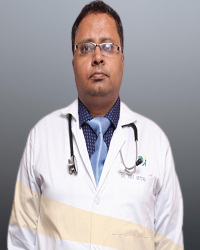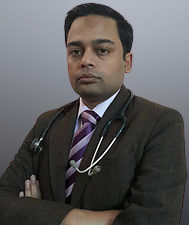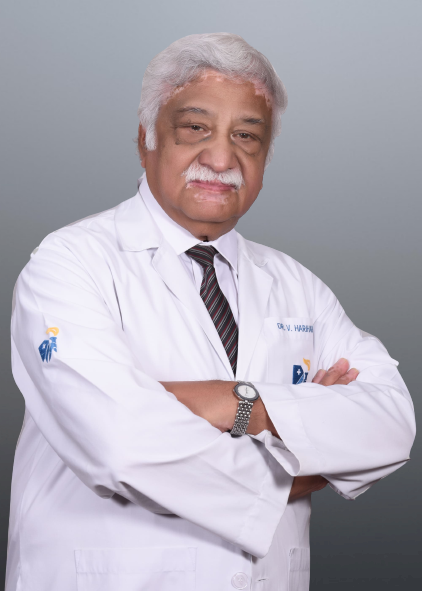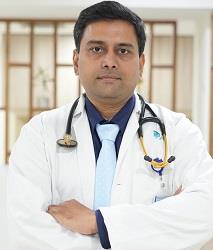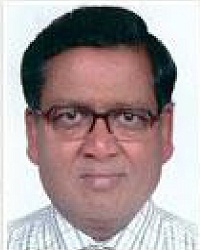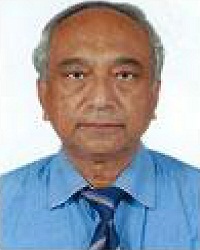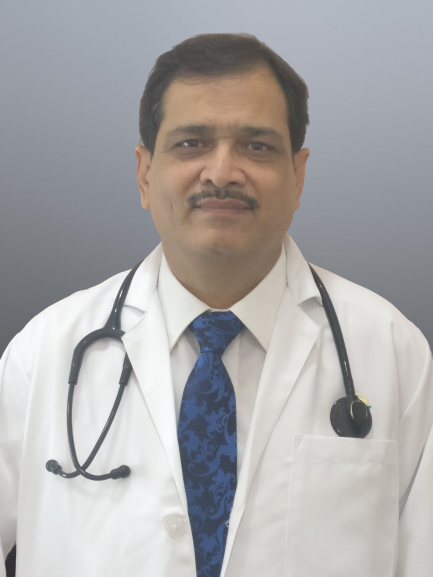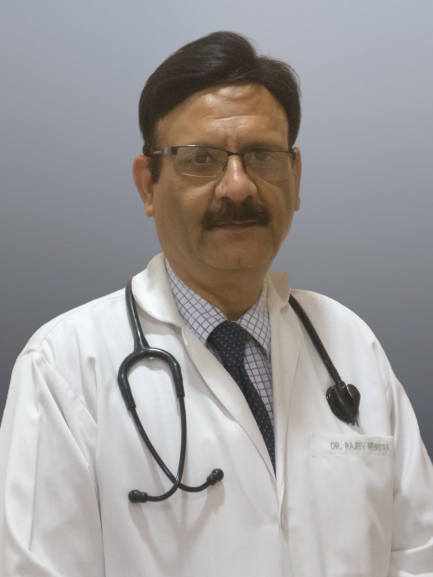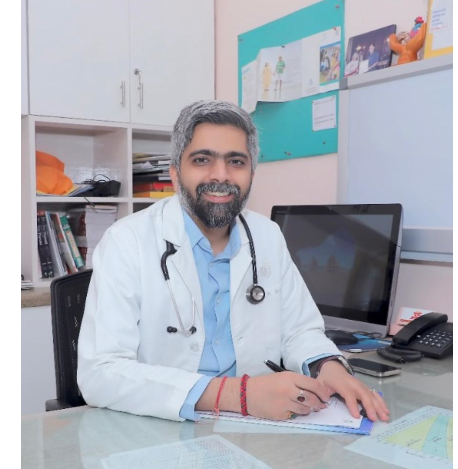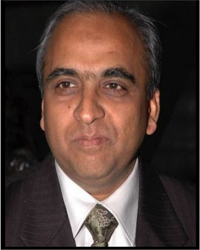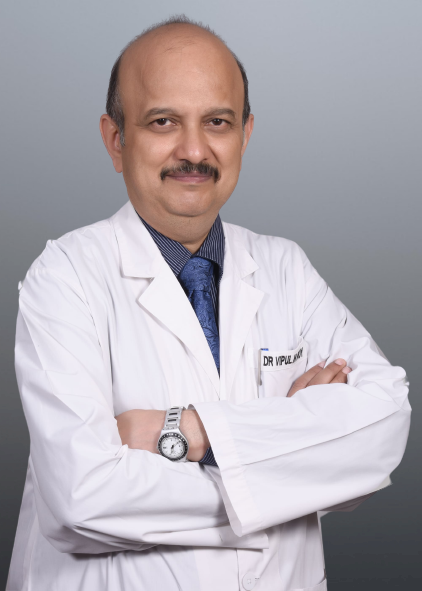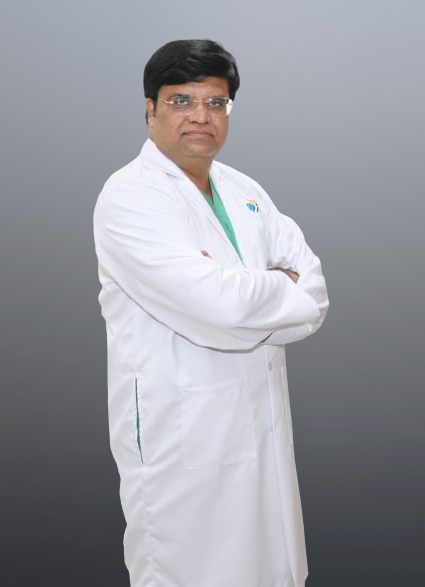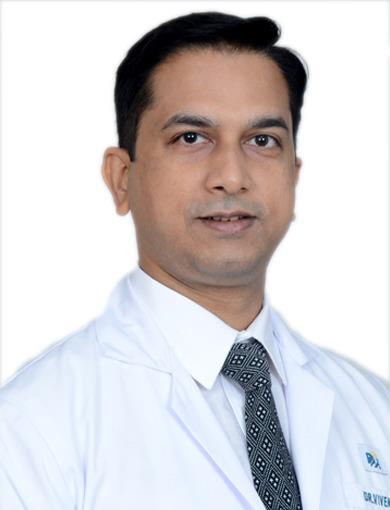Search Result: 26

Dr Alok Kumar
MD-CARDIOGRAPHY
Registration No
4730341
Language
English

18 years experience overall

Karol Bagh , Delhi
MON- SAT(09:00 AM-12:00 PM)

Dr Amit Mittal
MBBS, MD, DM(Cardiology)
Registration No
677973
Language
English, हिंदी

9 years experience overall

Sarita Vihar , Delhi
TUE, THU, SAT | WED, FRI(12:00 PM-02:00 PM | 10:00 AM-12:00 PM)

Dr Ankesh Kumar
MBBS DM Cardiology
Registration No
6364431
Language
English, हिंदी

12 years experience overall

Karol Bagh , Delhi
MON- SAT(02:00 PM-03:00 PM)

Dr Arif Wahab
MD (Medicine), DM (Cardiology)
Registration No
1177613
Language
English, हिंदी, اردو

12 years experience overall

Sarita Vihar , Delhi
MON, FRI(02:00 PM-04:00 PM)

Dr Col V Hariharan
MBBS, MD(Medicine), DM (Cardiology- AIIMS), FICA(USA) FISE FICC
Registration No
460051
Language
English, हिंदी

45 years experience overall

Sarita Vihar , Delhi
MON, WED, FRI | TUE, THU, SAT | MON, WED, FRI | TUE, THU, SAT(10:00 AM-02:00 PM | 12:00 PM-05:00 PM | 10:00 AM-02:00 PM | 12:00 PM-05:00 PM)

Dr Gautam Niloba Naik
MD (General Internal Medicine), DM (Cardiology) Fellowship in Interventional Cardiology (Royal Papworth Hospital, Cambridge, UK) Structural Heart Intervention Fellowship (Barts Heart Centre, London, UK)
Registration No
5472109
Language
English, हिंदी, ಕನ್ನಡ, ಕೊಂಕಣಿ, മലയാളം, मराठी

11 years experience overall

Sarita Vihar , Delhi
MON, WED, FRI | TUE, THU, SAT(08:00 AM-12:00 PM | 12:00 PM-04:00 PM)

Dr K K Kapur
MBBS, MD(MEDICINE), DM(CARDIOLOGY)
Registration No
495431
Language
English, हिंदी, தமிழ்

38 years experience overall

Sarita Vihar , Delhi
TUE- FRI(01:00 PM-01:15 PM)

Dr K K Saxena
MBBS, MD, DM
Registration No
346
Language
English, العَرَبِيَّة, français, हिंदी, മലയാളം

36 years experience overall

Sarita Vihar , Delhi
MON, WED, FRI | TUE, THU, SAT(12:00 PM-04:00 PM | 10:00 AM-12:00 PM)

Dr Mahesh Chandra Garg
MBBS, MD ( Medicine ), MRCP (UK), FRCP(London), FRCP ( Glasgow) FRCP (Glasgow)
Registration No
341
Language
English, हिंदी

30 years experience overall

Sarita Vihar , Delhi
SAT(11:45 AM-12:00 PM)

Dr Pradeep Jain
MBBS, MD, DM
Registration No
19097
Language
English, हिंदी

24 years experience overall

Sarita Vihar , Delhi
TUE, THU(06:00 PM-06:15 PM)

Dr Prashanta Kumar Ghosh
MBBS, MD(Med), DM(Cardiology)
Registration No
495473
Language
English, বাংলা, हिंदी

43 years experience overall

Sarita Vihar , Delhi
MON- SAT(10:00 AM-04:00 PM)

Dr Prof Sanjay Tyagi
Dr. MD (Medicine), DM(Cardiology), FAMS, FESC, FRCP (Edinburgh.), FICA (USA) , Fellow American College of Cardiology (USA) Dr. BC Roy National Awardee
Registration No
4843909
Language
English, हिंदी

35 years experience overall

Sarita Vihar , Delhi
MON- SAT(10:00 AM-02:00 PM)

Dr Rajeev Kumar Rajput
MBBS, MD, DM
Registration No
503312
Language
English, हिंदी

20 years experience overall

Sarita Vihar , Delhi
TUE, THU, SAT | MON, WED, FRI(12:00 PM-04:00 PM | 10:00 AM-12:00 PM)

Dr Rajiv Mehrotra
MD (Gold Medalist), DM Cardiology
Registration No
503325
Language
English, हिंदी

30 years experience overall

Sarita Vihar , Delhi
MON | TUE | WED | THU | FRI | SAT(01:00 PM-02:00 PM | 10:00 AM-11:00 AM | 01:00 PM-02:00 PM | 10:00 AM-11:00 AM | 01:00 PM-02:00 PM | 10:00 AM-11:00 AM)

Dr Raman Puri
MD, DM
Registration No
503294
Language
English, हिंदी

39 years experience overall

Sarita Vihar , Delhi
SAT(11:45 AM-12:00 PM)

Dr Ranjan Modi
MBBS MD DM
Registration No
5262818
Language
English, हिंदी

8 years experience overall

Nehru Enclave , Delhi
MON- SAT(10:00 AM-10:30 AM)

Dr S K Gupta
MD, DM, DIP.NB Cardiology, MNAMS, FICA (USA)
Registration No
349
Language
English, हिंदी, தமிழ்

33 years experience overall

Sarita Vihar , Delhi
TUE, THU, SAT | MON, WED, FRI(03:00 PM-04:00 PM | 01:00 PM-02:00 PM)

Dr S N Pathak
MBBS, MD(Medicine), DM (Cardiology)
Registration No
3739763
Language
English, हिंदी

16 years experience overall

Sarita Vihar , Delhi
MON, WED, FRI | TUE, THU, SAT(12:00 PM-03:00 PM | 10:00 AM-12:00 PM)

Dr Sunil Modi
MBBS (Hons.),MD (Medicine),DM (Cardiology)
Registration No
19096
Language
English, हिंदी, मराठी, ਪੰਜਾਬੀ

36 years experience overall

Sarita Vihar , Delhi
MON- SAT(11:00 AM-12:00 PM)

Dr Vanita Arora
M.D, D.N.B. (Cardiology) M.N.A.M.S, FRCP (Edinburgh), FESC, FHRS
Registration No
3605716
Language
English, हिंदी, ਪੰਜਾਬੀ

25 years experience overall

Sarita Vihar , Delhi
MON, WED, FRI | TUE, THU, SAT(12:00 PM-04:00 PM | 04:00 PM-06:00 PM)

Dr Varun Bansal
DNB (CTVS), FACS (Toronto)
Registration No
4833136
Language
English

12 years experience overall

Sarita Vihar , Delhi
MON- WED, FRI, SAT | THU(10:00 AM-05:00 PM | 03:00 PM-05:00 PM)

Dr Vipul Narain Roy
MBBS, MD, MRCP (UK)
Registration No
19348
Language
English, हिंदी

30 years experience overall

Sarita Vihar , Delhi
TUE, THU, SAT(03:00 PM-04:00 PM)

Dr Vivek Gupta
MD, DM, FESC, FEAPCI, FAPSIC,FCSI, FICC, FIC France, FIEIC, FSCAI
Registration No
342
Language
English, français, हिंदी

25 years experience overall

Sarita Vihar , Delhi
MON- SAT(01:00 PM-05:00 PM)

Dr Vivek Kumar
MBBS(GOLD MEDALIST), MD, DM PRECEPTORSHIP STRUCTURAL HEART INTERVENTION CLEVELAND CLINIC, USA
Registration No
3846511
Language
English, हिंदी

12 years experience overall

Sarita Vihar , Delhi
THU, SAT | MON- WED, FRI(09:00 AM-12:00 PM | 04:00 PM-06:00 PM)

Dr Ashish Kumar Jain
MD, DNB MBBS
Registration No
6450720
Language
English

11 years experience overall

Pusaroad , Delhi
MON- SAT(06:00 PM-07:00 PM)
Frequently Asked Questions for CABG (Coronary Artery Bypass Graft) in Delhi
The two types of CABG are on-pump CABG and off-pump CABG. On-pump CABG involves using a heart-lung machine to temporarily take over the functions of the heart during surgery, while off-pump CABG is performed without the use of a heart-lung machine. The choice between the two depends on individual patient factors and surgeon preference.
CABG and angioplasty are both effective in improving blood flow to the heart. The choice between the two procedures depends on various factors such as the location and severity of blockages, overall health, and individual patient preferences. Your doctor will recommend the most appropriate treatment option for you.
Yes, CABG is typically an open-heart surgery. It involves making an incision in the chest to access the heart and perform the necessary bypass grafts. However, in some cases, minimally invasive techniques and robotic techniques may be used to perform CABG through smaller incisions.
The eligibility criteria for CABG include having significant blockages or narrowing of multiple coronary arteries that cannot be treated with medication or less invasive procedures. Your doctor will evaluate your specific condition and determine if CABG is suitable for you.
There is no specific age limit for heart bypass surgery. The decision for surgery depends on the patient’s overall health, the extent of coronary artery disease, and their ability to withstand the procedure.
The urgency of CABG depends on the severity of symptoms and the extent of coronary artery disease. In some cases, CABG may be performed as an emergency procedure to treat a heart attack or unstable angina. However, in other cases, it may be scheduled as an elective procedure.
After CABG, patients receive intensive care initially and then transition to a regular hospital room. They will be closely monitored for any complications, given pain medications, and guided through a rehabilitation programme to regain strength and mobility.
The duration of CABG surgery varies depending on the complexity of the procedure. On average, it takes around 3-6 hours to complete the operation.
There are many reputable hospitals that excel in performing CABG procedures. It is important to research hospitals with experienced cardiac surgery departments, high success rates, and positive patient outcomes.
The recovery time for CABG varies among individuals but typically takes about 6-12 weeks. During this time, patients will gradually regain their strength and may undergo cardiac rehabilitation to optimize their recovery.
Preparation for CABG includes medical assessments, blood tests, imaging studies, and discussions with your surgeon about the procedure. You may also need to stop certain medications prior to surgery and follow specific dietary guidelines.
A cardiothoracic surgeon performs CABG procedures. Cardiothoracic surgeons are specifically trained to operate on the heart, lungs, and other thoracic organs. They have the expertise to perform a variety of procedures on the heart, including CABG, angioplasty, and valve repair or replacement.
You can find the best doctors for CABG by researching their credentials, experience, and patient reviews. It is also helpful to seek referrals from your known doctor or friends and family who have undergone similar procedures.
The success rate of CABG varies depending on various factors such as the patient’s overall health and the complexity of the procedure. However, on average, the success rate is around 95%, meaning that most patients experience improved blood flow and reduced symptoms after surgery.
CABG stands for Coronary Artery Bypass Grafting. It is a surgical procedure to bypass the blocked or narrowed portion of the coronary artery with a piece of a healthy blood vessel from elsewhere in your body. Blood vessels, or grafts, used for the bypass procedure may be pieces of a vein from your leg or an artery in your chest. It is used to improve blood flow to the heart
The doctor who performs a CABG should have completed MBBS with a specialisation in cardiology and could also have done additional specialisation as an Interventional cardiologist.
Related Procedures in Delhi
Related Treatments in Delhi
Other Specialities in Delhi
- Best Urologist in Delhi
- Best Pulmonologist in Delhi
- Best General Physician in Delhi
- Best Endocrinologist in Delhi
- Best Cardiologist in Delhi
- Best Oncologist in Delhi
- Best Radiologist in Delhi
- Best Orthopedics in Delhi
- Best Hepatologist in Delhi
- Best Gynecologist in Delhi
- Best Dermatologist in Delhi
- Best Gastroenterologist in Delhi
- Best Psychologist in Delhi
- Best Ent Specialist in Delhi
- Best Nephrologist in Delhi
- Best Rheumatologist in Delhi
- Best Diabetologist in Delhi
- Best Psychiatrist in Delhi
- Best Neonatologist in Delhi
- Best Dentist in Delhi
- Best Dietitian in Delhi
- Best Haematologist in Delhi
- Best Pediatrics in Delhi
- Best General Surgeon in Delhi
Top Hospitals in India
- Hospitals in Ahmedabad
- Hospitals in Bangalore
- Hospitals in Bhubaneswar
- Hospitals in Bilaspur
- Hospitals in Chennai
- Hospitals in Delhi
- Hospitals in Guwahati
- Hospitals in Hyderabad
- Hospitals in Indore
- Hospitals in Kolkata
- Hospitals in Madurai
- Hospitals in Mumbai
- Hospitals in Mysore
- Hospitals in Nashik
- Hospitals in Noida
- Hospitals in Visakhapatnam
- Hospitals in Lucknow
- Hospitals in Bhopal
- Hospitals in Karur
- Hospitals in Kochi
- Hospitals in Nellore
- Hospitals in Trichy
- Hospitals in Kakinada
© Copyright 2024. Apollo Hospitals Group. All Rights Reserved.
 +91 8069991061
Book Appointment
+91 8069991061
Book Appointment






 Call Now
Call Now